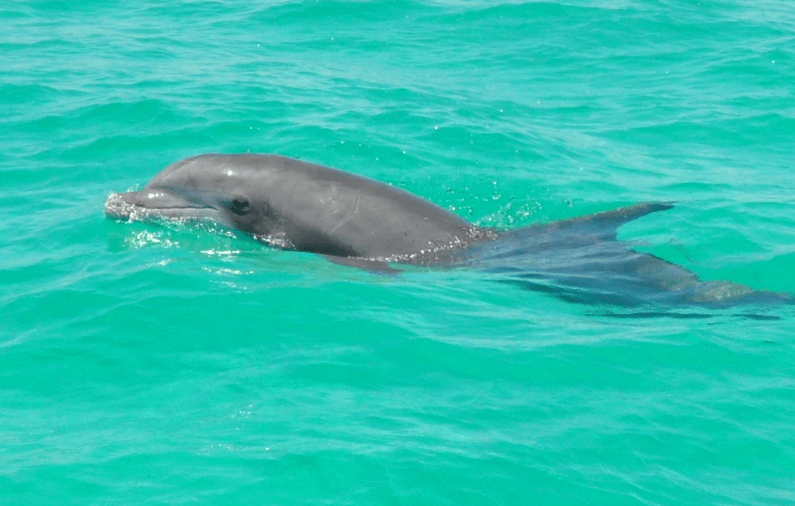The dolphin was diagnosed only a few weeks ago, but it died over two years ago in March 2022.
And they kept it, like, in some preservative or something, to study it? I’m trying to understand the timeline here Edit: OK I read the article but im wondering why we’re hearing about it now rather than 2 years ago?
“engagement” aka profits?
I’m guessing, but it’s probably because they are testing for bird flu on a long-dead dolphin via necropsy?
Im just confused why it would take so long, does it normally take that long to examine/run tests and stuff?
Dolphin died March 2022, then the publisher received the manuscript in June 2023. Then review took until 10 April 2024.
More generally, they weren’t doing this in response to the recent outbreak, it was sort of a coincidence that the disease gained media attention at the same time of this paper’s publication. Academic researchers are expected to publish around 2 papers a year, and each paper tends to take a couple years.
tl;dr: it’s an academic study, not the dolphin CDC. blame the publishers and universities, not the researchers.
Ah OK that makes more sense! Thank you for the clarification!
That was about the time we started hearing about bird flu infecting seals, wasn’t it? Seems like marine mammals were the bridge species, and then it went from them to cows.
The next jump might be ferrets or mink (I remember from COVID that they have very similar respiratory systems to humans). Or it might just jump over them right to morons drinking raw milk I guess.
Inaccessible from EU. Alternate source - scitechdaily.com
Researchers documented the first North American cetacean case of avian influenza in a Florida dolphin, underscoring the need for further research on this cross-species virus transmission.
The case of a Florida bottlenose dolphin found with highly pathogenic avian influenza virus, or HPAIV — a discovery made by University of Florida researchers in collaboration with multiple other agencies and one of the first reports of a constantly growing list of mammals affected by this virus — has been published in Communications Biology.
But was it drinking raw milk?
It was drinking rawr milk, which has 420.69% chance of catching me when I fall for u •teehee•👉👈🥺

Can’t wait to be told I’m overreacting again before and the entire time during this next pandemic by people who think they have plot armor.
Would it be a reasonable guess that this could be caused by untreated farm runoff from infected cows’ poo?
That or someone fucked a dolphin.
Florida, 50/50.
Okay but real question… Can dolphins sneeze?
Through their blowhole
I just woke up and read the headline as “highly photogenic bird flu”












